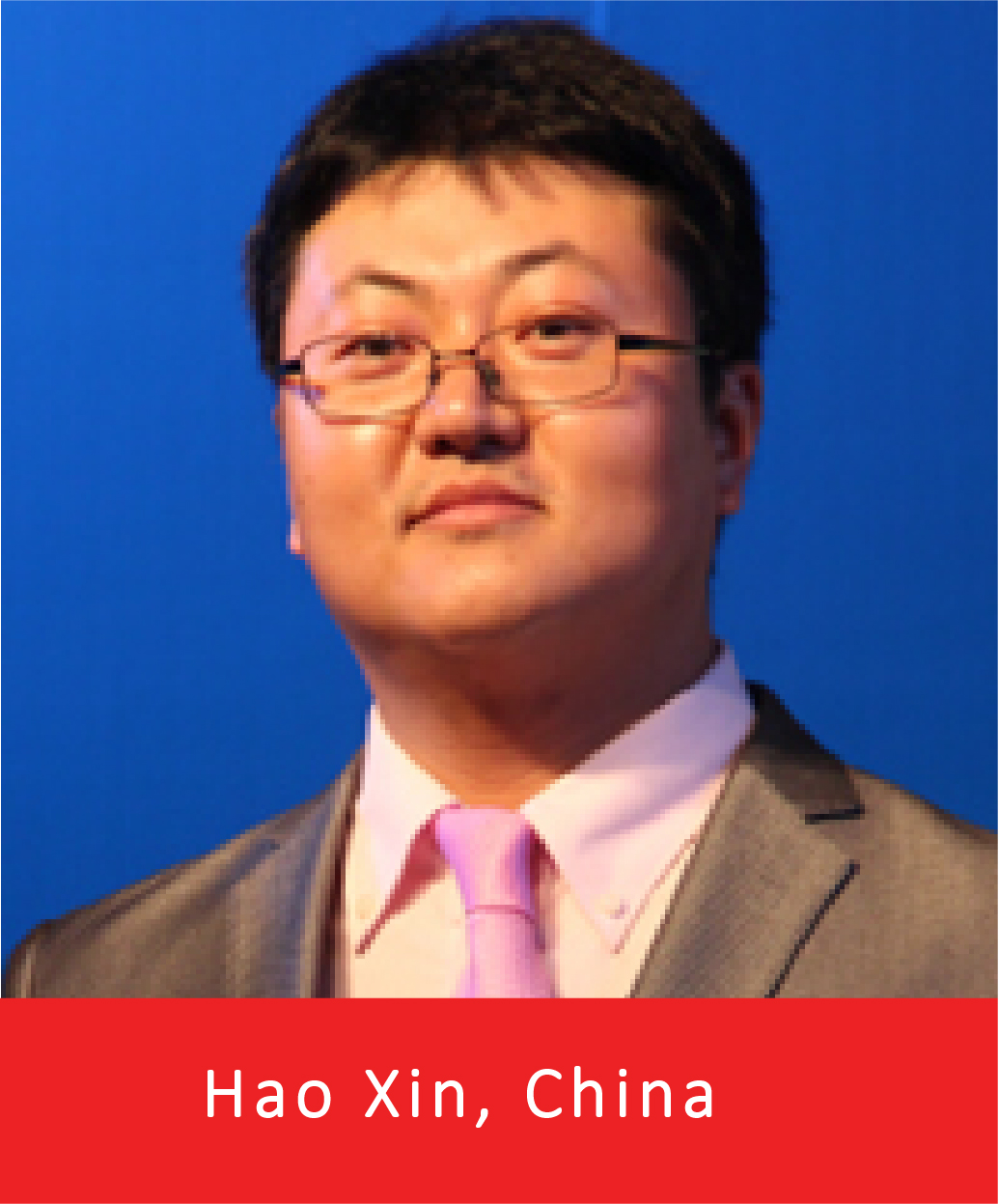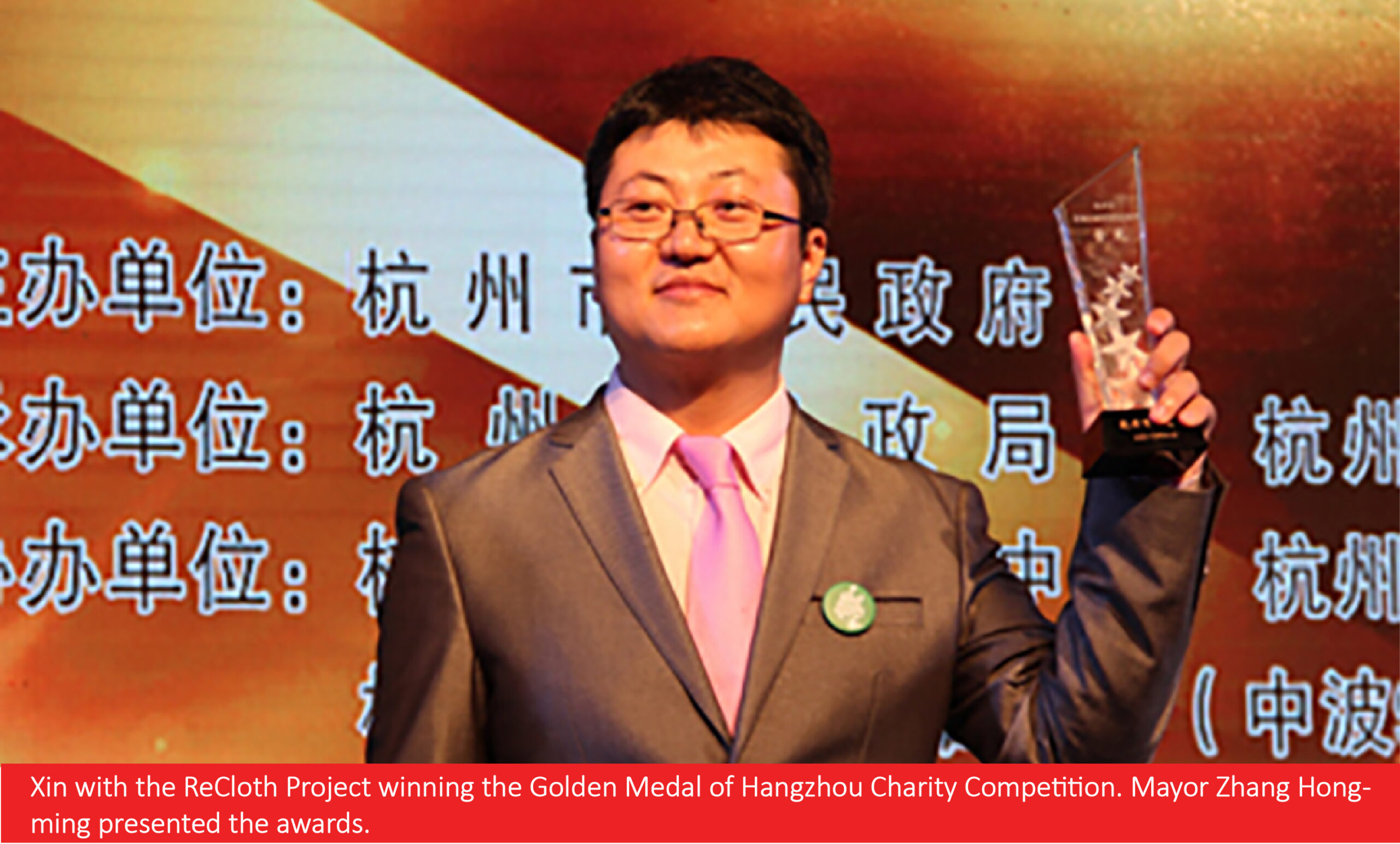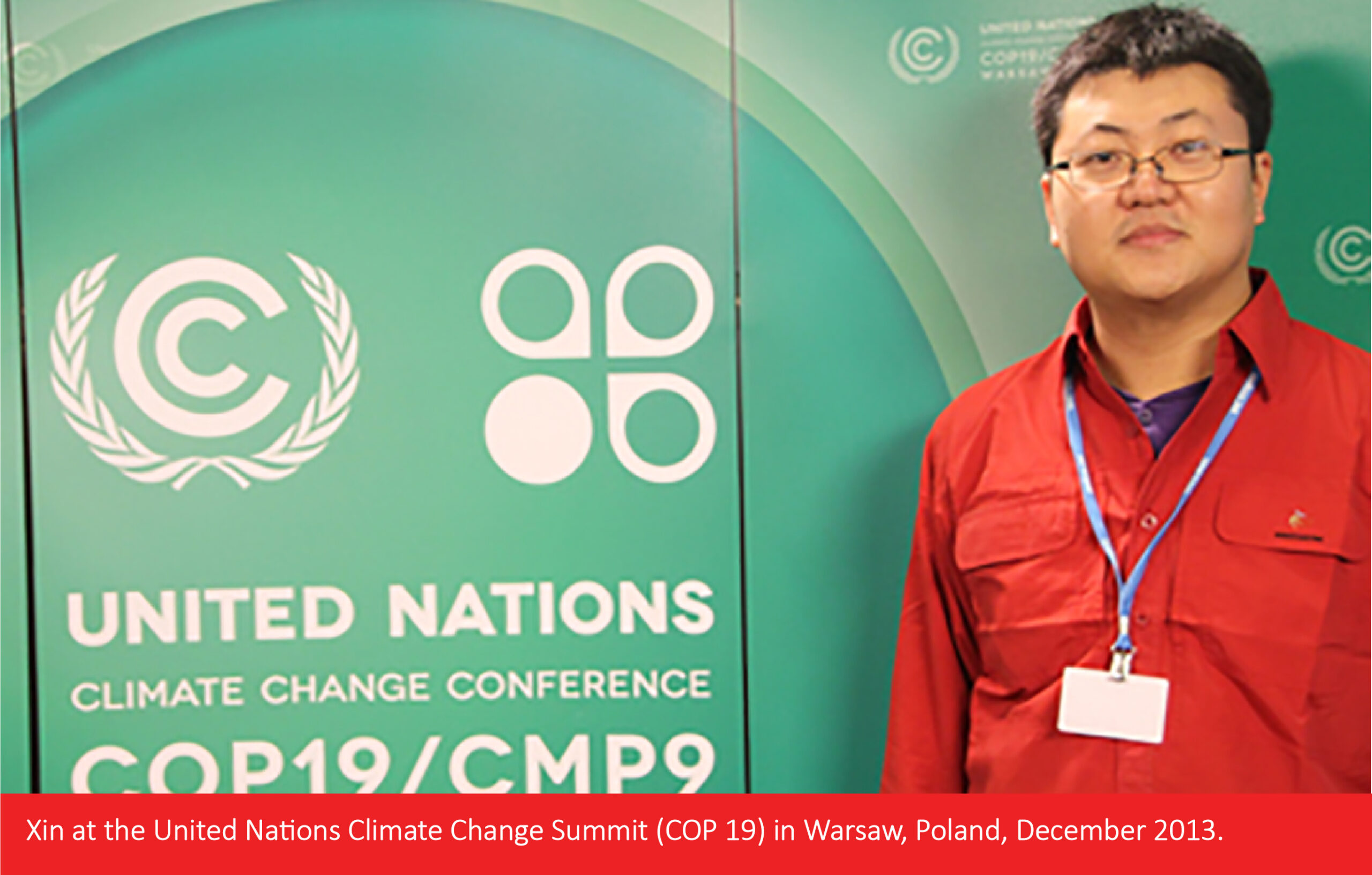Hao Xin, China

Master’s in Environmental Science & Policy Clark University, United States 2008-2010
Hao Xin was raised in the Zhejiang province of China and received a Ford IFP fellowship to complete a Master’s in Environmental Science and Policy at Clark University in the United States. Following his fellowship he returned to Zhejiang to continue his work at Hangzhou Eco-Culture Association, an environmental advocacy NGO he founded in 2000.
We spoke with Hao about his background, meeting former U.S. President Bill Clinton, and his efforts to promote environmental awareness through his NGO. The conversation has been edited and condensed for clarity.
Why did you apply to the IFP Fellowship? How did you think it would help you?
I applied for the fellowship in 2007. At that time I was running my NGO. It was an environmental NGO that works on advocacy and organizing environmental activities. At that time I didn’t have a lot of opportunities to think about further study, and I had some troubles with NGO work in China; it’s not easy to understand the word “NGO” in China. So that was a time I needed to think about what I should do as a next step, and I think IFP was so great. It was designed just for me.

Tell me more about your fellowship experience.
My major was environmental science and policy, which is very relevant to my work. Because my NGO is a local NGO we didn’t have much of an international relationship. So when I was in the States I learned about the Waterkeeper Alliance for the first time, which is an international water advocacy group that has 200 members in six continents in 35 countries.
I just applied for the annual conference in June 2009, and Bill Clinton came to the conference as well and he shook my hand and said, “You did a good job.” For me, it was the U.S. president, the former president, shaking my hand and saying good job. It was an exciting experience. I also met a lot of different environmental soldiers from different continents, different countries. So before the fellowship, I just wanted to be a volunteer for my organization, but after three years in the states, I changed my mind. I decided I should be invested full time in my organization.
How do you apply what you learned during your fellowship to your current work?
So, in 2010 I attended the Waterkeeper Alliance annual conference for the second time, as an interpreter. In the third year, I successfully applied for my organization to be a full member of the Waterkeeper Alliance. The fourth year, I delivered a speech at the conference. 2015 will be my sixth or seventh time to attend the conference. My organization is a leading organization of all the Chinese Waterkeeper organizations.
What type of impact has your organization had in China?
In 2013, we worked with Zhejiang satellite television and we reported something like 136 times news for water pollution about searching for swimmable waters. Because of this program the head of Communist Party of Zhejiang Province brought a letter to the heads of Communist Party of cities and counties in the Zhejiang Province. He requested that they watch the program and try to work on treating polluted water. And in that year, in July we started a swimmable week in China. We just wanted to use this way to let people understand how important our water quality is. Because of all these efforts, our government now put water treatment as their priority work and conduct a huge project “Five Waters Treatment”, including treating pollution water, preventing flood water, discharging excessive water, providing drinking water and saving water.

How did the IFP impact your ability to lead and grow your organization?
I would say IFP really changed me, changed my life. During the years when I was in States I have seen many different fighters. They are working against pollution. They fight for a green world so it really gives me power and gives me confidence that I can do it as well in my hometown.
What are your goals or plans for the future?
We have a lot of work to do and our mission is ‘green more’ with green as a verb because we want more people to be green, from kids to elders, from their daily life to their work, from their home to their office.